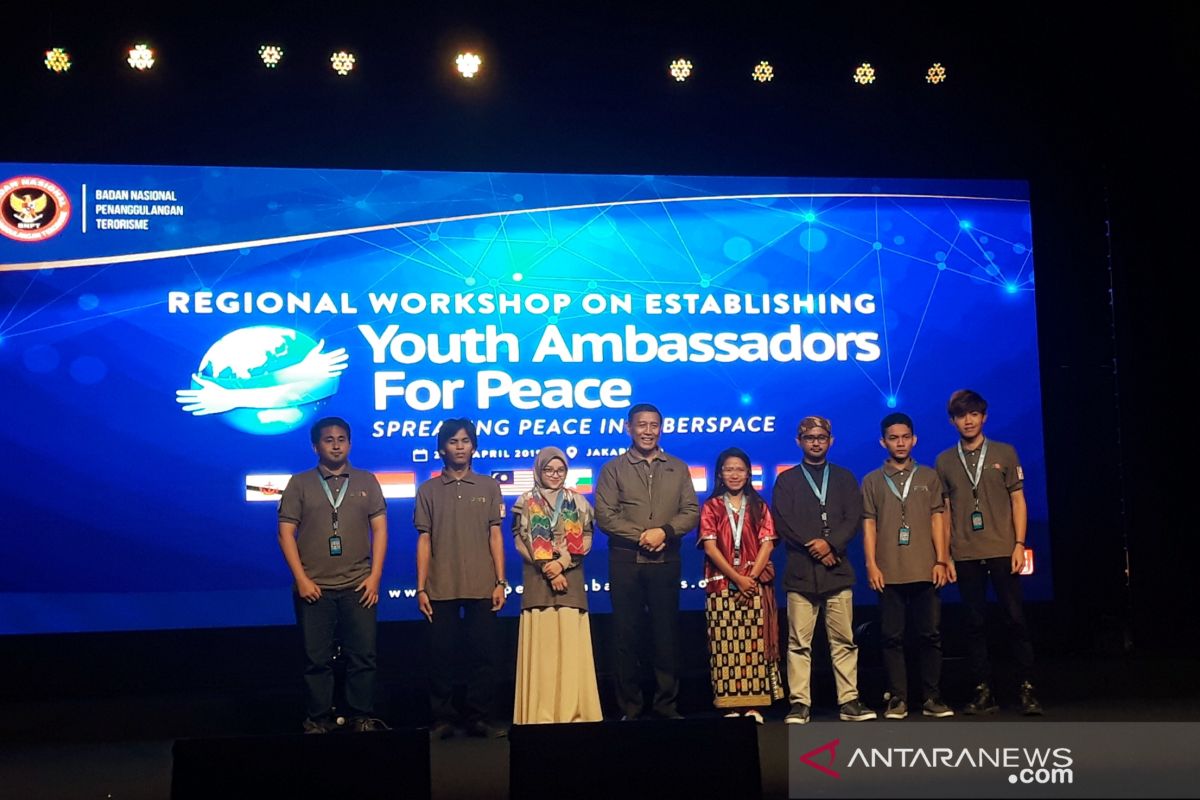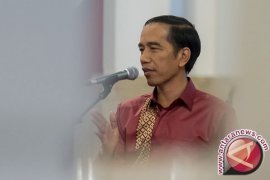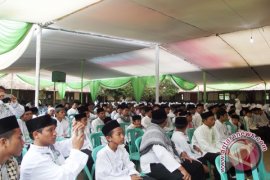
Young Indonesians can be affected by radicalism: Wiranto

"We know that our youngsters can be affected by the proliferation of radicalism. Many of them are influenced by the teachings of radicalism which, eventually, end up as acts of terrorism," he said here, Wednesday.
Speaking at the swearing-in ceremony of the Southeast Asian Cyber's Peace Ambassadors in Jakarta, Wiranto said, however, that he did not possess the exact data on the number of Indonesian youngsters affected by radical ideology as compared to those of the older generation.
The rapid development of digital technology and the internet has enabled radical groups to build opinions and recruit people, he said, adding that Indonesia has around 132 million internet users, 106 million social media users, and 371 million smartphones.
In fact, youngsters communicate and rely the most on information that is disseminated through internet-based channels that they are easy targets.
To prevent them from being influenced by radical content freely available on the internet, the younger generation needs to be empowered with critical thinking capability and digital literacy, Wiranto said.
This could help protect Indonesian youngsters from being influenced by these destructive ideologies that carry out acts of violence and terror, he said.
He appreciated the presence of the Southeast Asian Cyber's Peace Ambassadors for helping halt the proliferation of terrorism and extremism ideologies, Wiranto said.
Indonesia has been a target of terrorist groups since 2000. However, it is not the only country in the world facing such threats.
On Easter Sunday, Sri Lanka was hit by coordinated bombings on churches and hotels killing more than 300 people, including several foreign nationals.
Related news: Radicalism must be wiped out: Ma`ruf Amin
Related news: News Focus - Preventing spread of religious radicalism at campuses
Related news: Prevent infiltration of radicalism in mosques in Indonesia`s universities: VP
Pewarta : Dyah Dwi A, Rahmad Nasution
Editor:
Budisantoso Budiman
COPYRIGHT © ANTARA 2026


